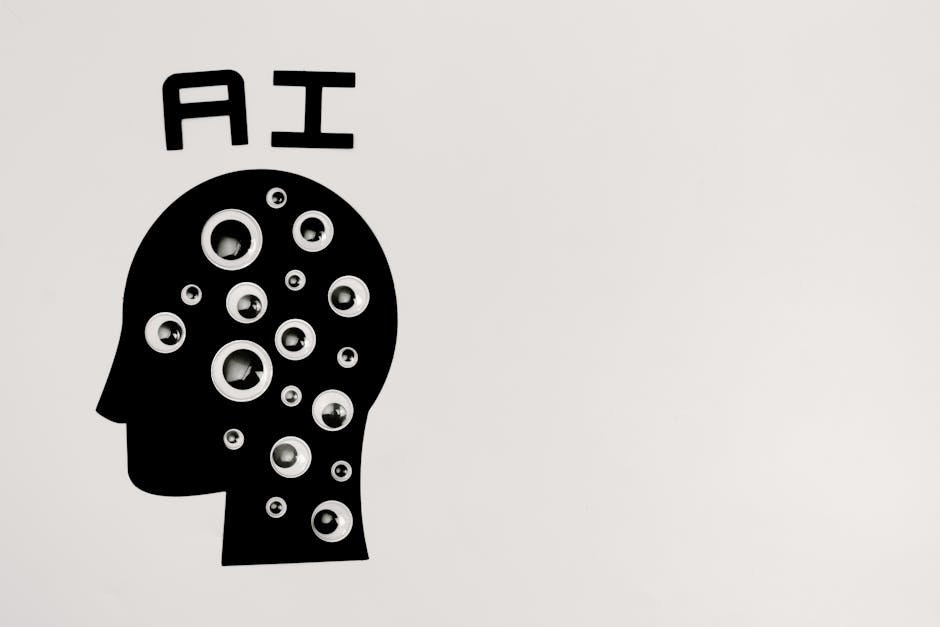
Harnessing Artificial Intelligence in Education for a Smarter Future
Artificial intelligence (AI) is rapidly transforming the landscape of education, enabling personalized learning experiences that cater to individual student needs. Personalized learning powered by AI algorithms allows students to learn at their own pace, improving engagement and retention.
One of the most exciting applications of smart assessments is the ability to provide real-time feedback, helping educators identify areas where students may need additional support. This technology also facilitates adaptive testing, which adjusts question difficulty based on student performance.
In addition to assessments, AI-driven educational tools such as intelligent tutoring systems and virtual assistants are making learning more interactive and accessible. These tools can offer tailored guidance, answer questions instantly, and provide supplementary resources to enhance understanding.
Despite these advancements, integrating AI into education presents challenges such as data privacy concerns, ethical considerations, and the need for teacher training. Balancing technological innovation with responsible use is essential for realizing AI's full potential in education.
Ultimately, the incorporation of artificial intelligence in education aims to create a more inclusive, efficient, and engaging learning environment. As technology continues to evolve, educators and policymakers must work together to harness AI's benefits while addressing its challenges.
